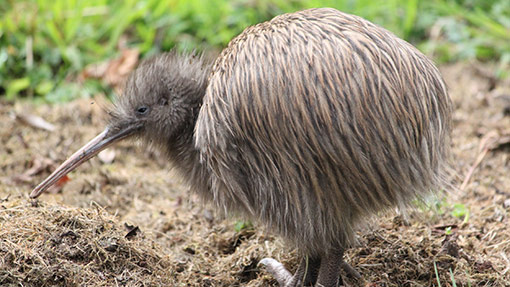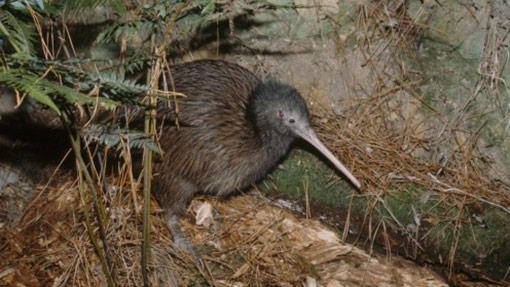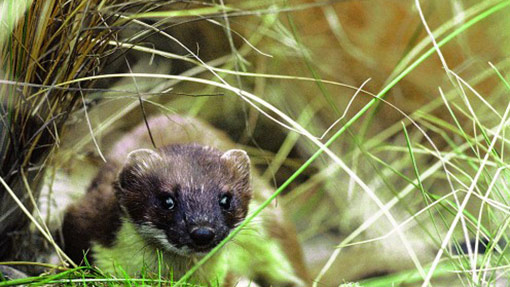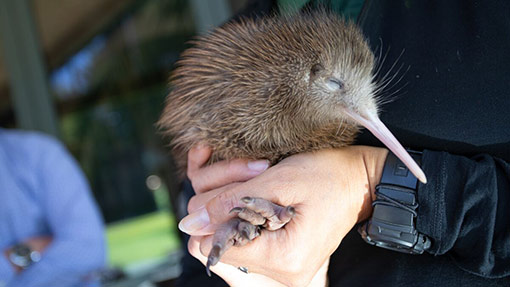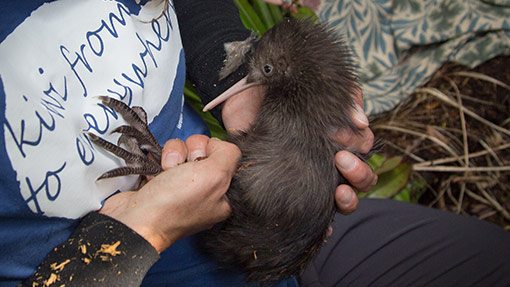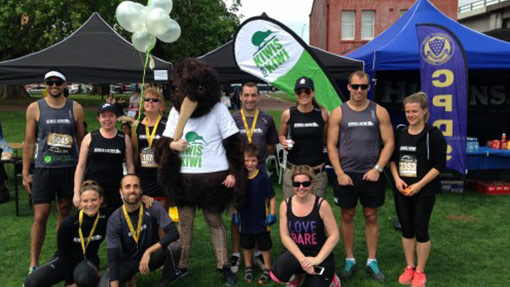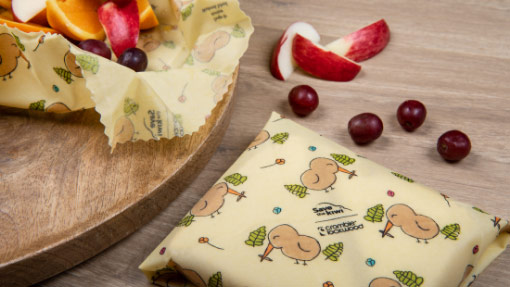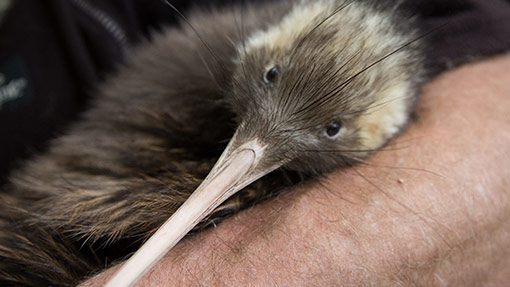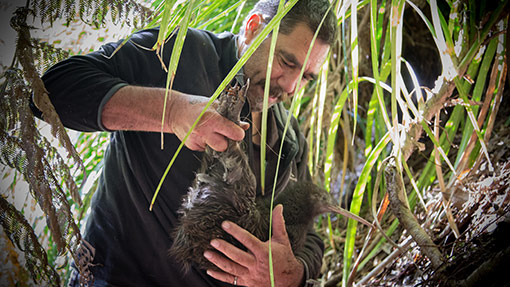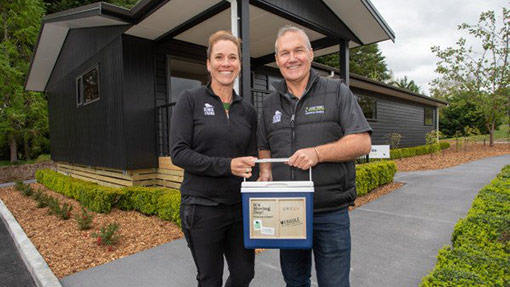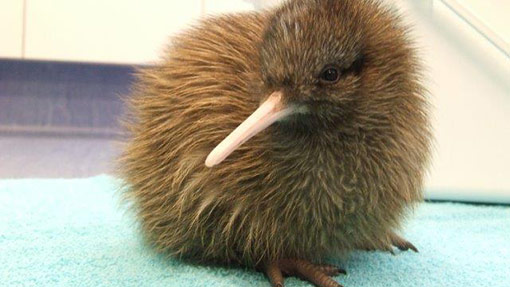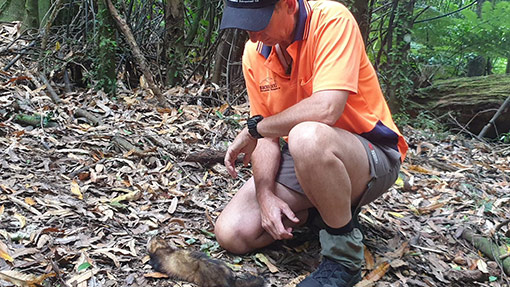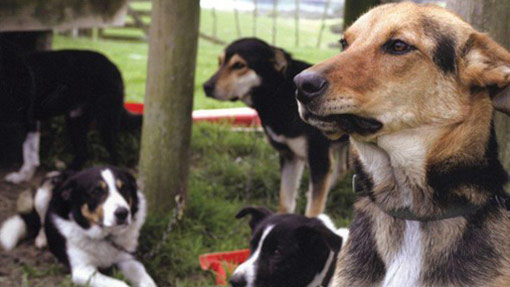Funding Criteria
The following eligibility criteria is for organisations wanting to apply for funds from Save the Kiwi.
1. If you are applying as part of an organisation you must fall within one of the following organisational classifications:
- University, zoo and/or recognised research facility
- Registered charitable trust, charitable foundation, or charitable organisation
- Incorporated society
- Kiwi conservation group, association, or society
- Landcare group
2. We will also fund any individual who can deliver on the activities of Save the Kiwi. These individuals would perform their work that supports kiwi conservation via a legally binding contract and operate with all legal requirements in place (i.e. permits, insurance and health and safety plans).
3. The Kiwi Trust (trading as Save the Kiwi) will pay funding grants to and in the name of the funded applicant.
4. All kiwi-related conservation work undertaken by an organisation must be properly permitted under the Wildlife Act as administered by the Department of Conservation.
5. Successful applicants are expected to report on the use of funding on an annual basis and to provide receipts or evidence of expenditure if requested.
Please note: Work undertaken by the Department of Conservation is not eligible for funding from Save the Kiwi.
Funding timeline
1st March: Funding applications open
8th April: Funding applications close
April-May: All applications are assessed by the Kiwi Recovery Group, and recommendations made to Save the Kiwi
May-June: Save the Kiwi trustees meet to consider funding requirements and approve final funding allocations
June: All funding applicants are notified of the outcome of their bids by Save the Kiwi’s executive director
Multi-year funding grants
Save the Kiwi also offers multi-year funding grants to support those groups and individuals that have established projects that have been proven to be effective.
Here are the specific criteria:
1. The project has been successfully operational for three or more years.
-
- Organisations must fall within one of the following organisational classifications to be eligible:
-
- University, zoo and/or recognised research facility
- Registered charitable trust, charitable foundation, or charitable organisation
- Incorporated society
- Kiwi conservation group, association, or society
- Landcare group
- We will also fund any individual who can deliver on the activities of Save the Kiwi. These individuals would perform their work that supports kiwi conservation via a legally binding contract and operate with all legal requirements in place (i.e. permits, insurance and health and safety plans).
-
- Organisations must fall within one of the following organisational classifications to be eligible:
2. Projects must have in place measurements to prove effectiveness. Examples include reduced residual pest numbers, kiwi population increase (measured via monitoring or Operations Nest Egg), or a measurable decrease in reported dog-related kiwi deaths.
3. Your organisation has a business plan and budget. Please supply these in the supporting documents when applying for funding.
4. Your project actively supports best practice (predator control, kiwi handling etc).
5. We will prioritise funding to projects that meet the above criteria and that can, or have the ability to, link with other conservation projects in their area to achieve large scale protected areas and/or safe corridors for kiwi.
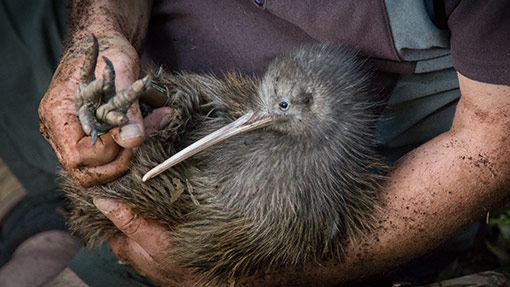
Advocacy
We’re all in this together. Save the Kiwi works to raise awareness about the plight of the kiwi and what is being done to help via social media, regular newsletters, and media publicity. (Photo credit: Jenny Feaver)
Predator control
Stoats, ferrets, rats, dogs, and other predators are the greatest risk to the kiwi population. Find out more about predators, the harm they cause to our native taonga, and what we can do to help.
Kiwi avoidance training
Dogs are the biggest threat to adult kiwi. Learn about a method that can successfully teach dogs how to avoid kiwi when they come across them in the wild.
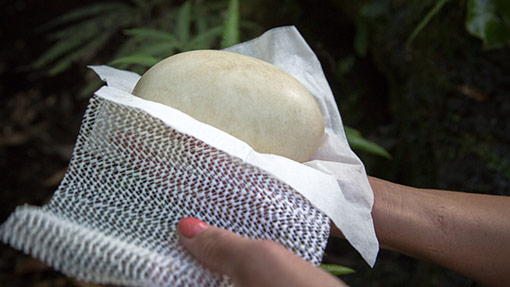
Operation Nest Egg
Operation Nest Egg is a national kiwi breeding programme which grows kiwi numbers much faster than they could in the wild. Find out more about what and who is involved. (Photo credit: Jenny Feaver)
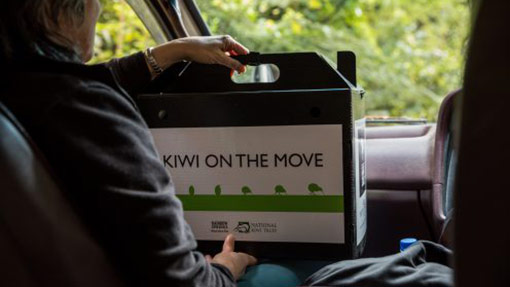
Kōhanga Kiwi
Kōhanga Kiwi is a ground-breaking strategy that both preserves current numbers of kiwi and increases them. Learn about this world-leading conservation initiative.
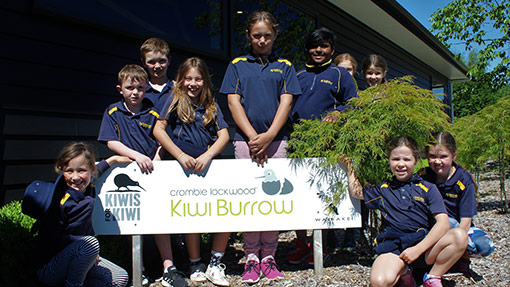
Gallagher Kiwi Burrow
The Gallagher Kiwi Burrow (formerly known as the Crombie Lockwood Kiwi Burrow) is Save the Kiwi’s kiwi incubation, hatching, and brooding facility. Learn about the facility and the chicks that temporarily call this facility home.
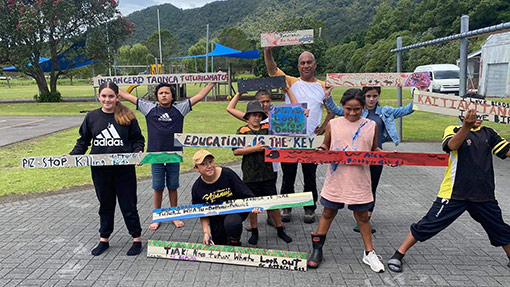
Whānau, hapū, iwi & kiwi
Kaitiakitanga is integral to the spiritual, cultural, and social life of tangata whenua. Find out how Save the Kiwi is committed to supporting Māori leadership in kiwi and wider efforts to restore the health of the whenua.
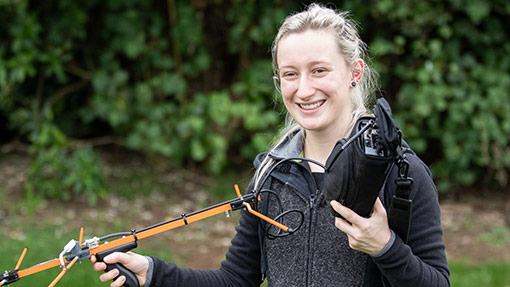
Jobs for Nature
In 2020, Save the Kiwi was awarded Jobs for Nature funding which was redistributed to various kiwi conservation projects. Find out about these projects and the environmental gains they’re seeing. (Photo credit: Jenny Feaver)
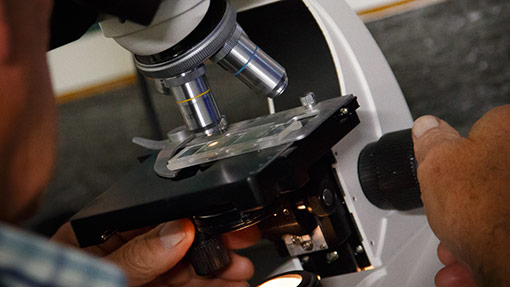
Research
An enormous amount of research about the kiwi population has been undertaken over the years. Learn about the research behind Save the Kiwi’s vision.
